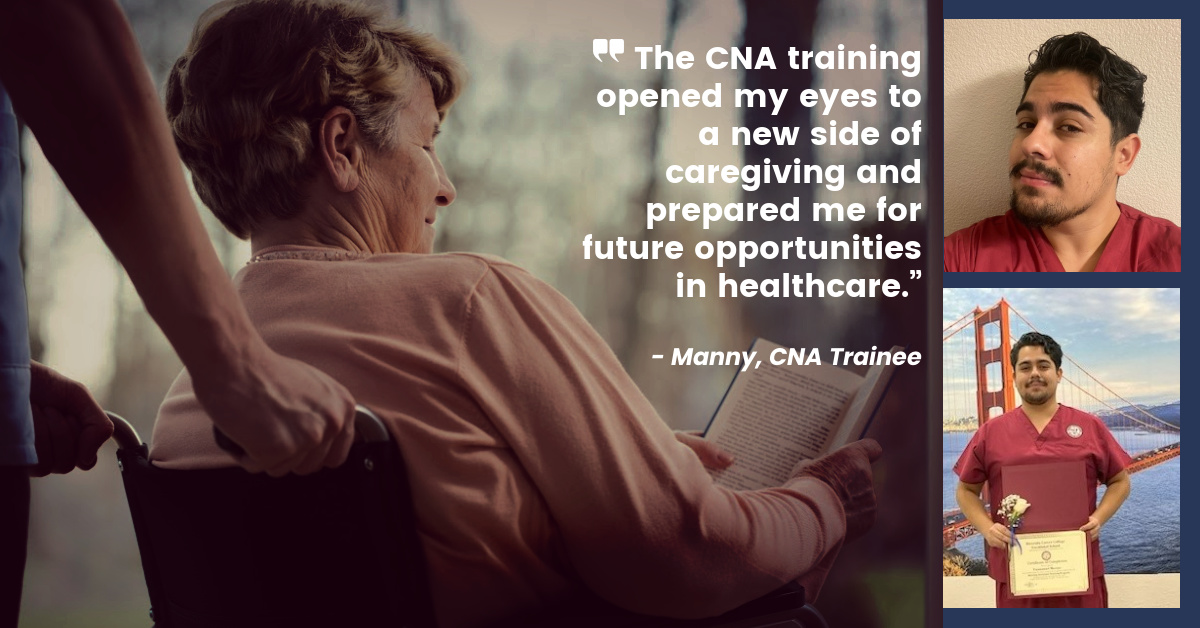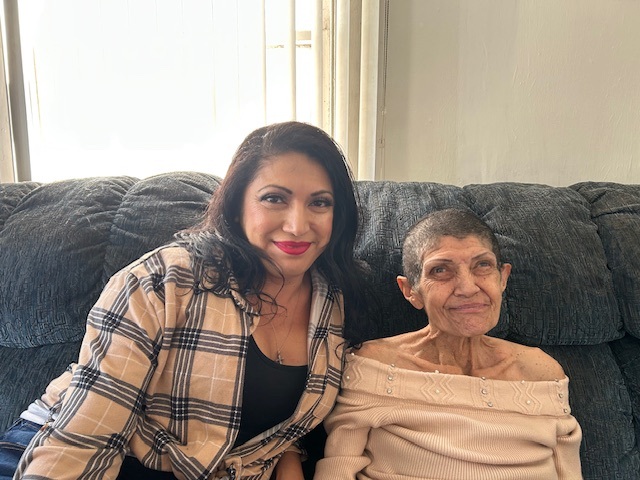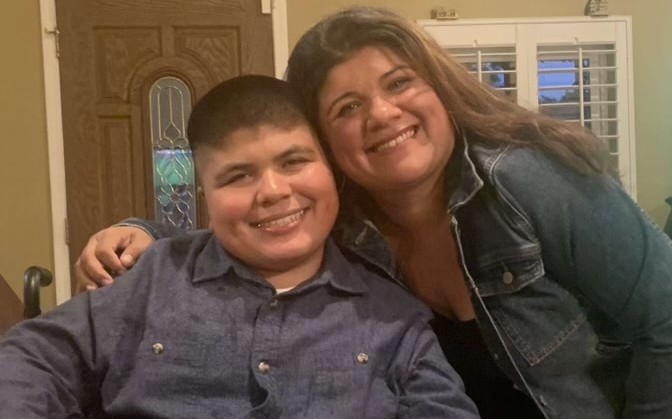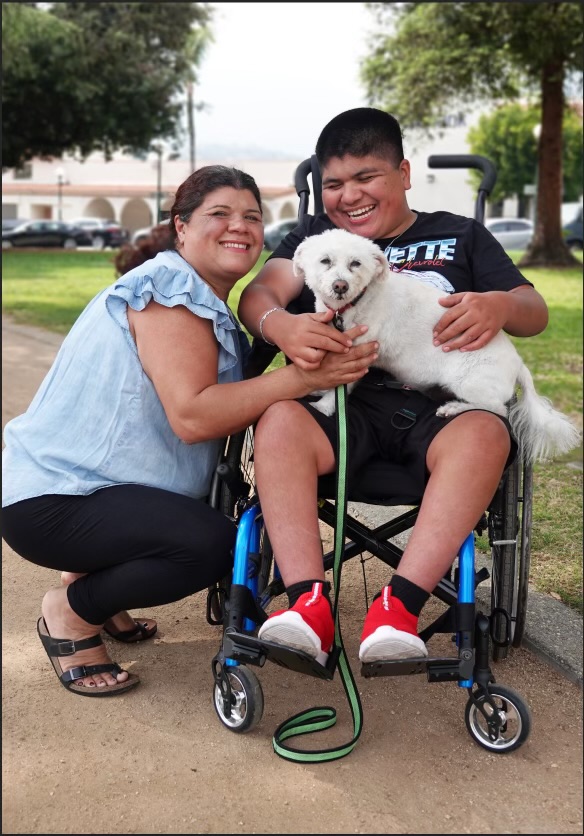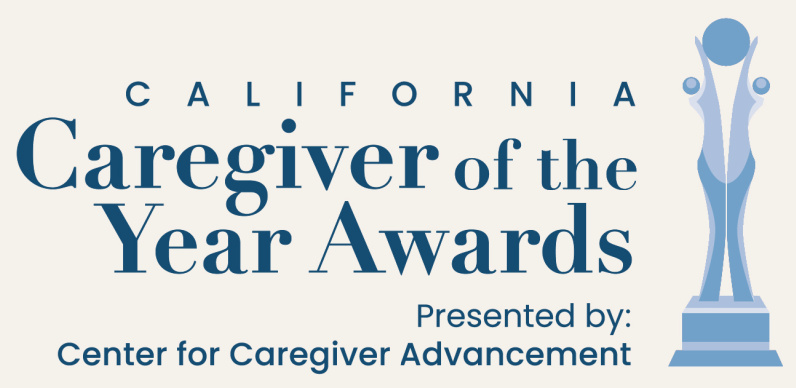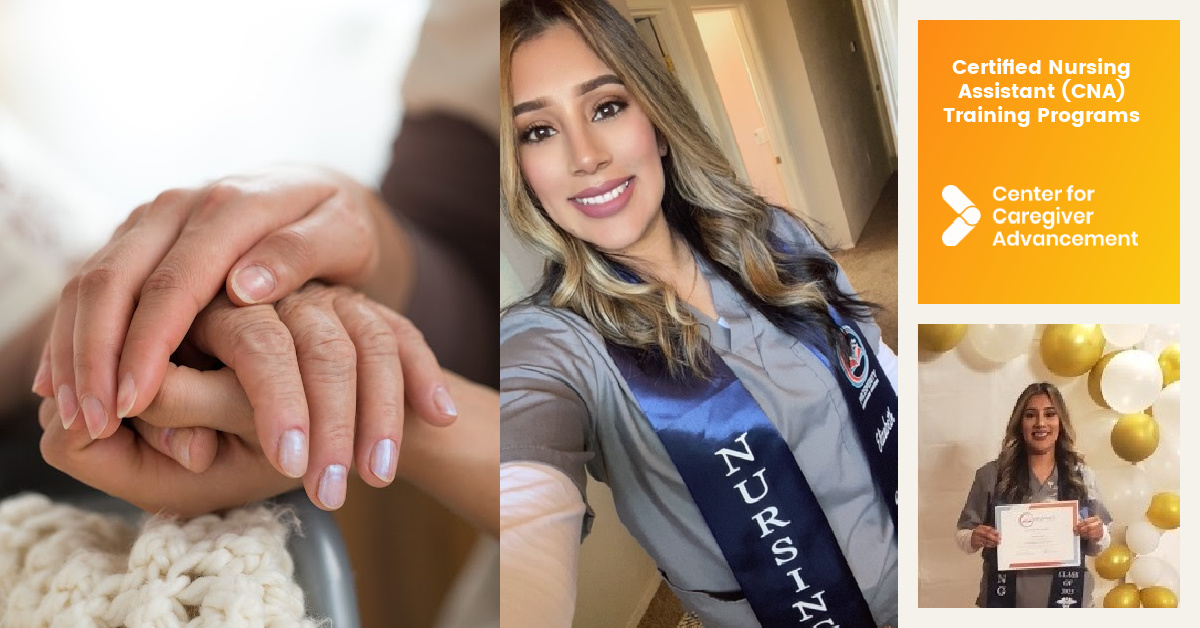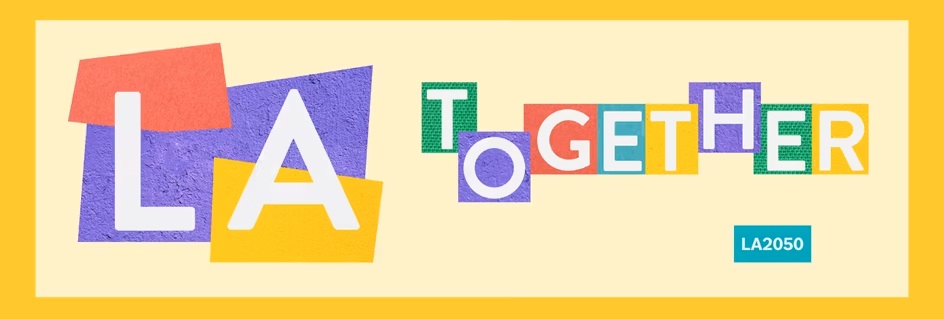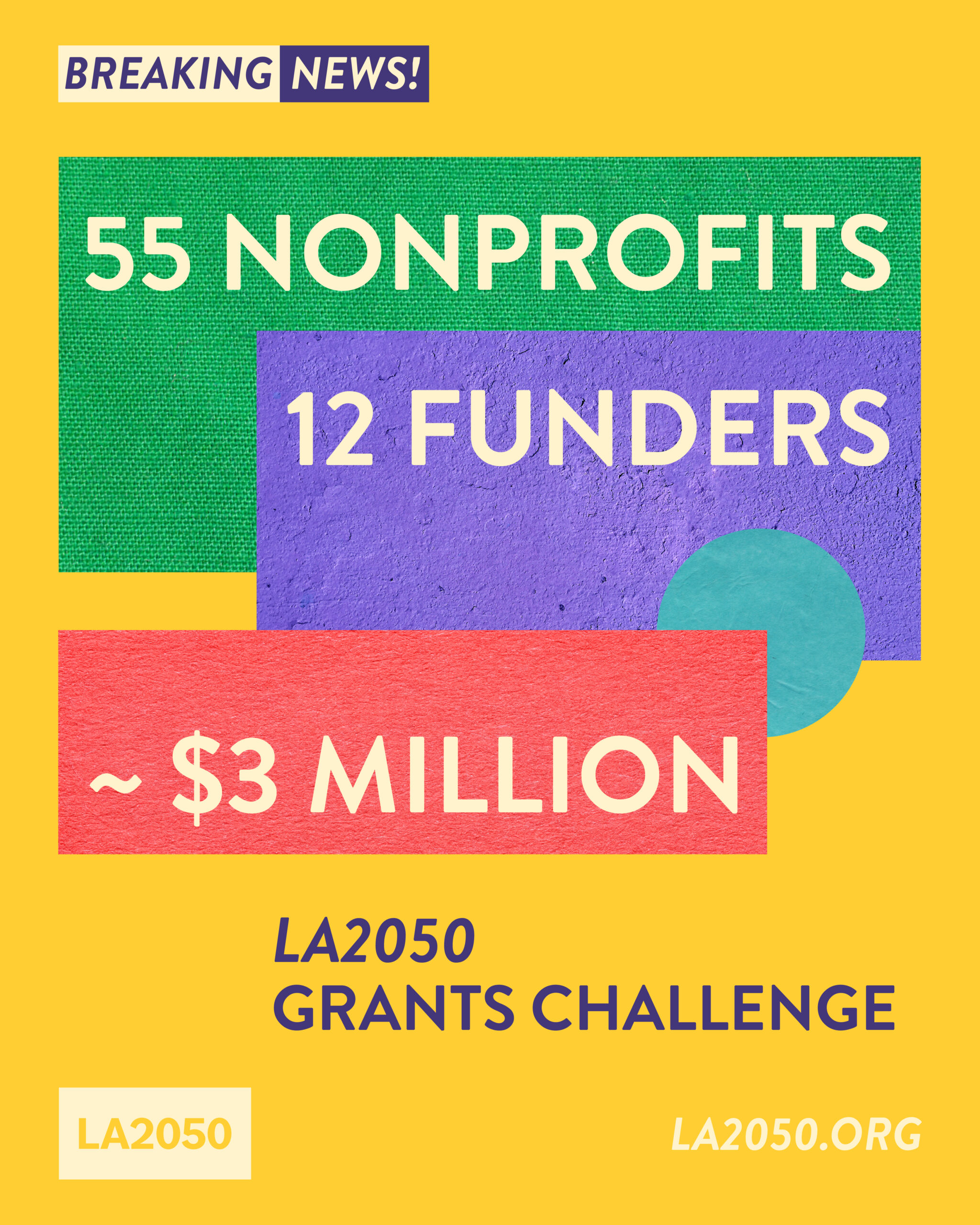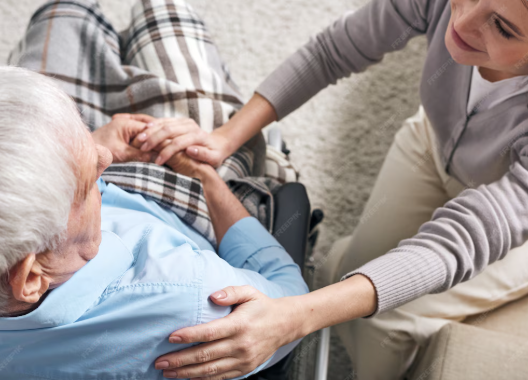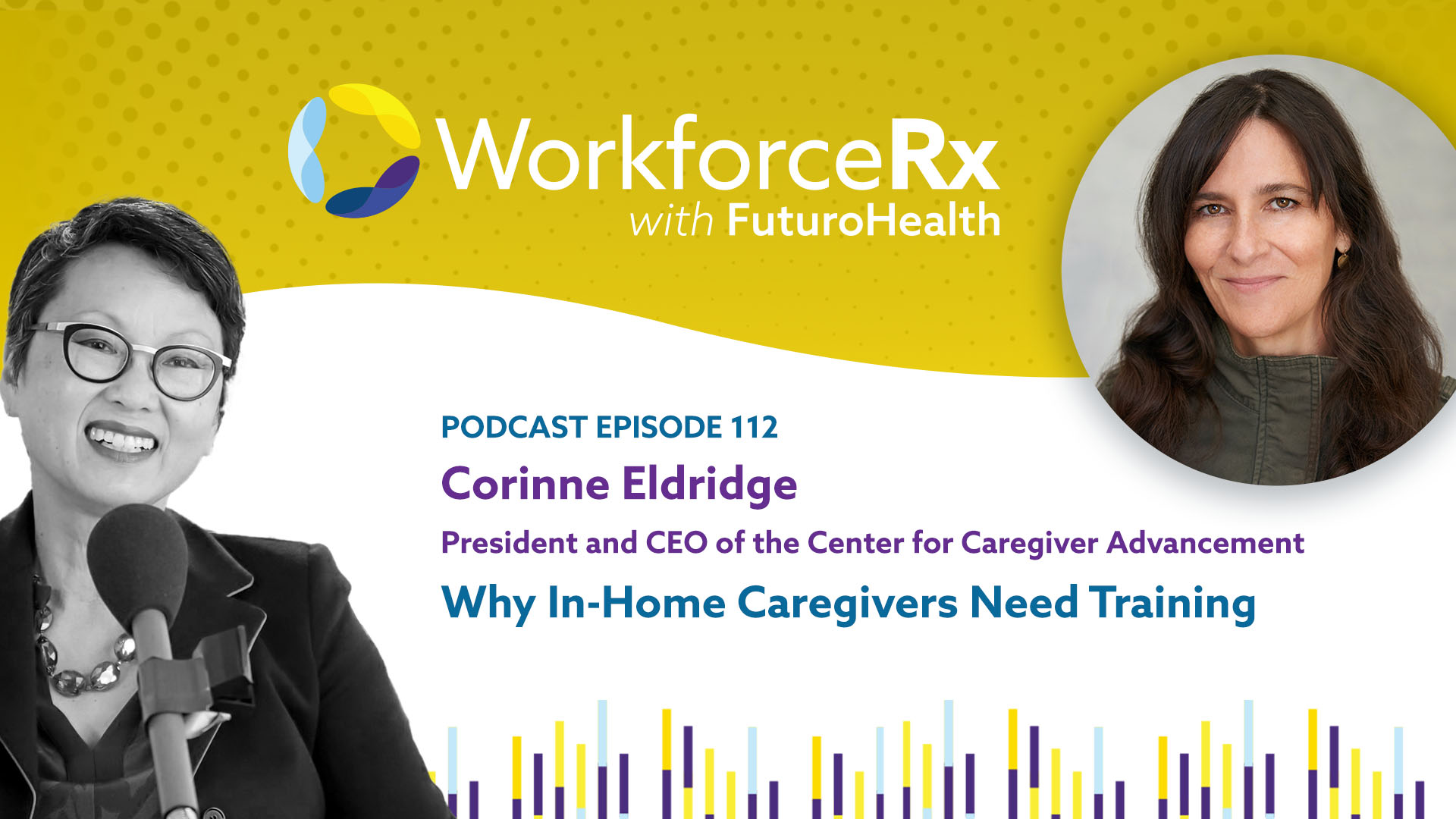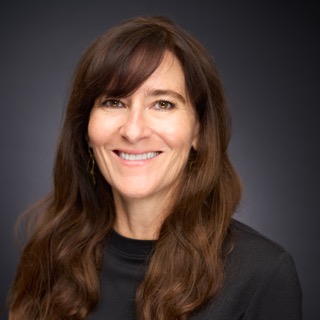When Emmanuel “Manny” Moreno walks through the halls of Windsor Gardens Rehab Center of Salinas, there’s new confidence in his step. Once part of the Activities Department, Manny has found an even more meaningful way to care for residents—this time, as a future Certified Nursing Assistant (CNA).
His journey to CNA began when his manager offered him a chance to enroll in a tuition-free CNA Training Pathway program through the Center for Caregiver Advancement (CCA).
“Would you like to become a CNA?”
“When my manager asked me that, I hesitated because I hadn’t thought about working on the nursing side,” Manny recalls. “But then I realized it was a great opportunity—especially since they paid for it. I told myself, if they believe I can do it, I should give it a try.”
Manny’s leap of faith was supported by his CCA Outreach Manager, Elizabeth Cabral, who guided him through the enrollment and training process.
Finding Strength in the Pursuit of New Challenges
The CNA training wasn’t easy. Manny quickly discovered how intense the coursework could be.
“It was a lot of reading and a lot of quizzes—it was insane!” he laughs. “There were moments when I felt overwhelmed and thought about quitting. But my loved ones, my instructor, Gigi, and my CCA outreach manager, Elizabeth, encouraged me to keep going. I couldn’t let this great opportunity go to waste.”
After six demanding weeks of theory classes, Manny passed his final test. The feeling? Pure pride.
“At the end of the day, I was determined. When I passed, I was so proud of myself. It reminded me that I can do hard things.”
From Activities Associate to Certified Nursing Assistant
Before training, Manny worked in the Activities Department, planning and leading programs that brought joy to nursing home residents. Transitioning into a CNA role was a whole new experience.
“I wasn’t familiar with healthcare before,” he says. “But I’m glad I took the CNA training. It opened my eyes to a new side of caregiving—and maybe even prepared me for future opportunities in healthcare.”
Manny’s new career path also has a special personal connection: his mother works as a home health aide.
“She understands the kind of work I’m doing,” he says with pride. “She’s proud of me for taking this step.”
Support Every Step of the Way
Manny credits his success to the unwavering support he received from CCA staff and his instructors.
“Gigi, my instructor, was so informative and helpful. Elizabeth from CCA always checked in and made sure I had everything I needed. Everyone was so supportive—I never felt alone in this program.”
For anyone considering the program, Manny’s advice is simple but heartfelt:
“It’s a lot to learn, but if you keep doing it over and over, you’ll get it. It’s worth it.”
More Than a Job — a Calling and a Community
For Manny, being a CNA is about more than providing care—it’s about building relationships.
“It never hurts to try something new. I never expected to be a CNA, but I love building bonds with the residents.”
Manny says that he doesn’t see the residents as patients. “I see them as family and friends. I spend so many hours with them, and I get to know their family members who visit them.”
When he told his residents that he was starting CNA training, their support gave him the confidence to succeed.
“They were so happy for me. They saw something in me that I didn’t see in myself. That gave me the strength to keep going.”
Looking Ahead to the Next Steps as a Nursing Assistant
Now studying for his California State Exam to become a fully certified CNA, Manny is grateful for the journey that began with a simple question and a life-changing opportunity.
“I’m glad I said yes to this CNA training program. It has changed my perspective on what I’m capable of.”
About the CNA Training Pathway Program
The Center for Caregiver Advancement (CCA) offers tuition-free CNA and LVN training programs that help SEIU 2015 union workers like Manny gain valuable skills, earn credentials, and open doors to meaningful careers in caregiving and healthcare.
If you’ve ever thought about making a change, now’s the time—just like Manny, you might discover a new career pathway you never expected.
Learn more about CCA’s nursing home caregiver training programs at: https://advancecaregivers.org/cna-training-pathway-program/

